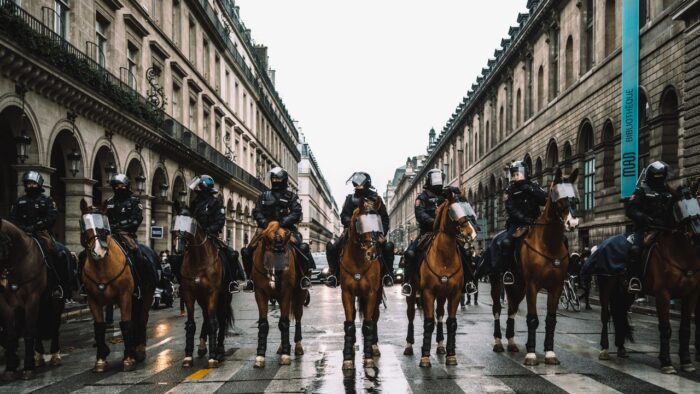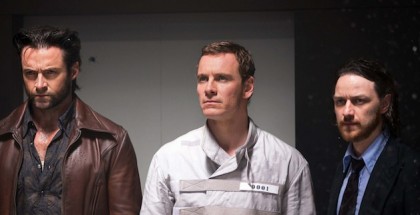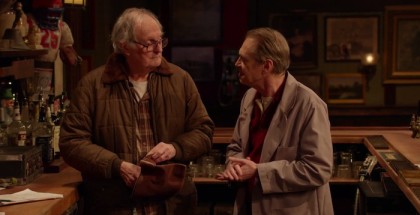VOD film review: The Monopoly of Violence
Review Overview
Theoretical debate
6Harrowing action
8David Farnor | On 29, Jan 2022
Director: David Dufresne
Cast: Arié Alimi, Myriam Ayad, Ludivine Bantigny
Certificate: TBC
The Monopoly of Violence is streaming as part of MyFrenchFilmFestival – find out more about the festival here.
“[The state] lays claim to the monopoly of legitimate physical violence” wrote German sociologist Max Weber, and that assessment gives the title and central thesis to The Monopoly of Violence (Un Pays Qui Se Tient Sage), David Dufresne’s thoughtful documentary on police brutality.
Weber’s assertion is a simple one: physical violence carried out by individuals is against the law and the state is the only entity that holds the right to sanction physical violence, often claimed in response to those individuals. If individuals respond to the state’s violence, they go to prison, or worse. The Monopoly of Violence takes that clear-cut line and explores the nuances all around it, pondering the distinctions between institutional, revolutionary and repressing violence. Talking heads range from professors and historians to sociologists and lawyers, not to mention police representatives and reporters, each of whom comment by themselves to camera.
The result is a somewhat dry watch, but Dufresne contrasts that intellectual narrative with visceral, shocking footage of that monopoly in action. The backdrop is the French protests in 2018 and 2019, when the public responded to Emmanuel Macron raising the country’s carbon tax, something that was acutely felt by the working class. The protests that followed became known as the “Yellow Vest” protests, unfolding weekly and often descending into clashes with the police.
The footage, much of it from mobile phones on the ground during this conflict, is harrowing and arresting to witness, and makes it clear just how brutal the police were in their use of force. Where is the line between violence and legitimacy? That becomes increasingly easy to draw over the 80-minute runtime, as the documentary charts not only the theoretical and moral minefield around the topic but also the unsettling way in which police violence has become normalised as a presence on our screens. Whatever your political views, this film serves as a reminder that the question of law and order should never be answered in a way that causes such cruelty and harm.
This review was originally published during the 2021 Sheffield DocFest



















